
How to Help an Overwhelmed Child Manage Big Feelings
Share
Helping an overwhelmed child can be, well, overwhelming.
When kids have big feelings, they may throw tantrums, act out, whine or even bully others. Or they may feel physical symptoms like a stomachache, or experience nightmares and bedwetting at night. Other kids may become withdrawn and cut themselves off from friends and family, as well as struggle with their schoolwork.
All these behaviors are signs that your kid is having trouble regulating his/her feelings. As a parent, you may feel frustrated by your kid’s mood swings. To help your child calm down, you should understand why kids get overwhelmed in the first place.
Let’s go over how to help an overwhelmed child and prevent kids from feeling this way in the first place.
Why kids get overwhelmed
Remember that kids don’t go from zero to screaming in a second (although it may feel that way). Often, powerful feelings build to a breaking point – unless managed early on.
If you notice your kid is getting easily overwhelmed, you should take a closer look at his/her feelings throughout the day. Emotions such as being withdrawn, angry, hyperactive, overemotional or even frequent crying may be red flags that there’s more going on.
There are many reasons why kids face big feelings and all of them are valid. For example, your child may be getting overwhelmed for one or more of these reasons:
- Emotionally unaware: Kids who can’t name their emotions or identify their needs may get easily overwhelmed.
- No coping skills: It’s hard to manage your emotions if you don’t have the skills. Kids may feel helpless about how to handle big feelings unless they’re taught coping mechanisms.
- Discomfort communicating needs: Open communication can go a long way. For kids who aren’t comfortable communicating their needs, it’s difficult to manage their emotions when things go wrong.
- Triggers: Kids may also get overwhelmed by loud noises or big events. New situations can also bring on emotional turmoil.
- Transitions and trauma: Childhood isn’t always a happy time. Kids may be facing a transition such as moving or starting a new school, or trauma such as a parental divorce or abuse.
- Highly sensitive: Some kids are just more sensitive than others. If your kid is highly sensitive, big feelings may be a regular occurrence.
Remember that you have to teach kids how to deal with their emotions. When they don’t know how to manage them, overwhelmed children will act out in less-than-ideal ways.
How to help an overwhelmed child
You can help manage big feelings by teaching your child emotional intelligence, including emotional awareness and coping skills. Here are some ways that you can nurture emotional intelligence in daily activities:
Emotional awareness
- Go beyond “what’s wrong?” and help label feelings: Asking “what’s wrong?” isn’t the best way to help children understand their feelings. Try asking when your child started feeling this way, if he/she is feeling angry, sad, etc., what happened to make him/her feel this way, what he/she needs to feel better, etc. By getting into details and labeling feelings, your child will learn awareness. You might even consider using an educational game like Chat Chains to boost emotional communication skills.
- Model managing difficult feelings: Whenever possible, you should model emotional awareness. If you had a challenging morning, talk about why on the drive to school and discuss with your child what you did to overcome those feelings.
- Coping ahead: You can anticipate overwhelming feelings by using a coping ahead strategy. If you know that a certain situation can trigger your kid – for example, taking a test or traveling by plane – talk about it in advance and decide together what your child can do to get through this moment.
Coping skills
- Guide your child towards mindfulness activities: Your kid should learn go-to activities for when things get tough. These may include reading, journaling, coloring, breathing, yoga, meditation, affirmations, and games.
- Stay active and get out energy: Getting exercise is essential for kids to regulate their emotions. Make sure your child is getting out energy through sports, games, and outdoor activities.
- Create a calm-down kit: To help your child calm down, put together a coping kit. Together, select items and activities that help “reset” your kid’s emotional state. This may include a favorite book, playdough, and other items.
Other tips
- Active ignoring: Make sure you’re giving your child attention at the right times. You can actively ignore when your child may be using inappropriate behavior to get your attention.
- Just be there: You don’t always have to talk if your child isn’t up to it. But you should be present during difficult moments. Do an activity together, such as baking dessert or kicking around a soccer ball.
- Advocate for your kid: You can help an overwhelmed child during a family party or event by taking him/her to a quiet room and letting him/her recharge. In these unusual circumstances, advocating for your kid is a good idea.
Shop ThinkPsych Products
Don’t reinforce an overwhelmed child’s behavior
As a parent, you should understand when your actions may be reinforcing challenging behavior. For example, don’t reward kids for calming down or they may learn that an outburst is the quickest way to get what they want. This is also true of coping mechanisms. Any coping skills should be related to helpful activities – instead of rewards such as playing video games.
In addition, make note of how you’re giving your kid attention. Showering him/her with love during overwhelming feelings may also teach your kid that these moments draw your attention. Instead, praise your kid as he/she is using coping strategies. At the same time, you’ll want to avoid “resolving” your kids’ emotions for them. It’s much healthier to teach your child how to calm down, so they can self-regulate.
Final takeaway
Teaching your kids emotional intelligence is the best way to prevent them from feeling overwhelmed. Use our tips to help your kids calm down and manage their emotions on a regular basis.
Sources:
1. Kids Health, Childhood Stress, https://kidshealth.org/en/parents/stress.html
2. Child Mind Institute, How to Help Children Calm Down, https://childmind.org/article/how-to-help-children-calm-down/
3. Verywell Family, How to Help a Highly Emotional Child Cope With Big Feelings, https://www.verywellfamily.com/how-to-help-an-overly-emotional-child-4157594
4. Rady Children’s Hospital, Helping Kids Cope with Stress, https://www.rchsd.org/health-articles/helping-kids-cope-with-stress/
5. Brave Guide, How to Help an Overwhelmed Child, https://mybraveguide.com/2020/09/14/overwhelmed-child/
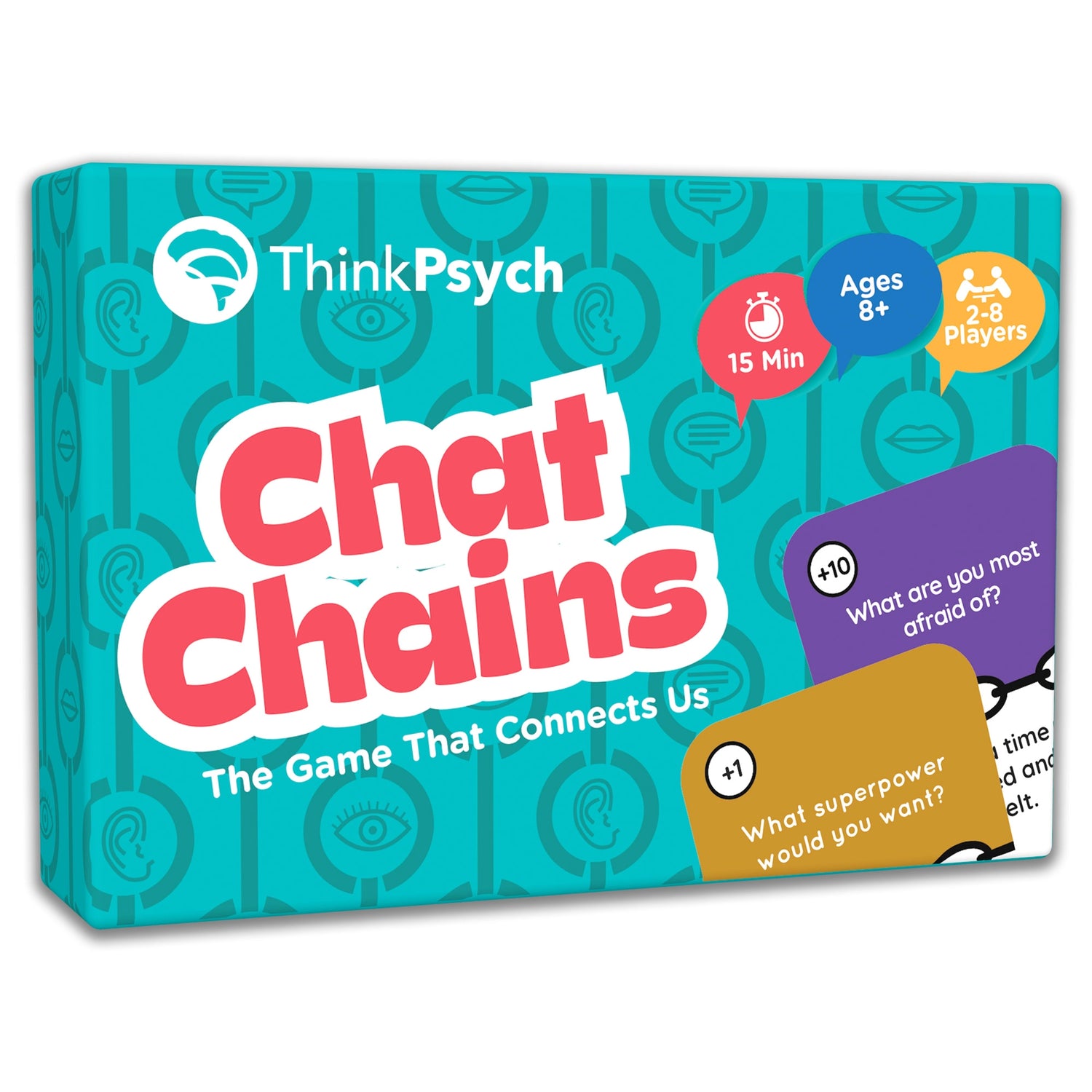

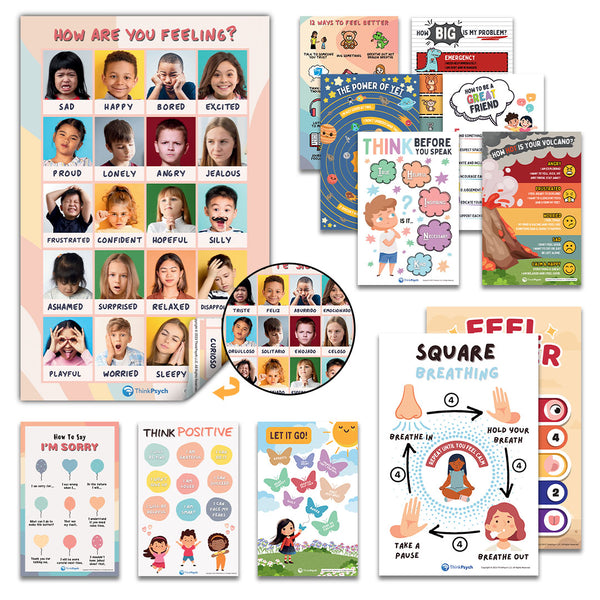


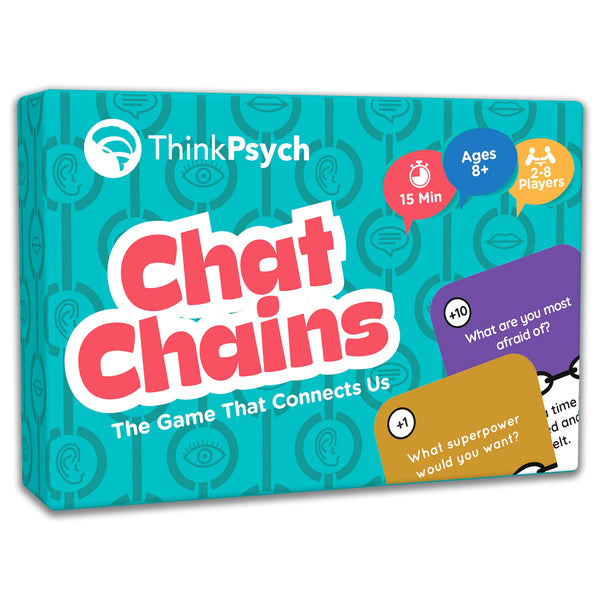


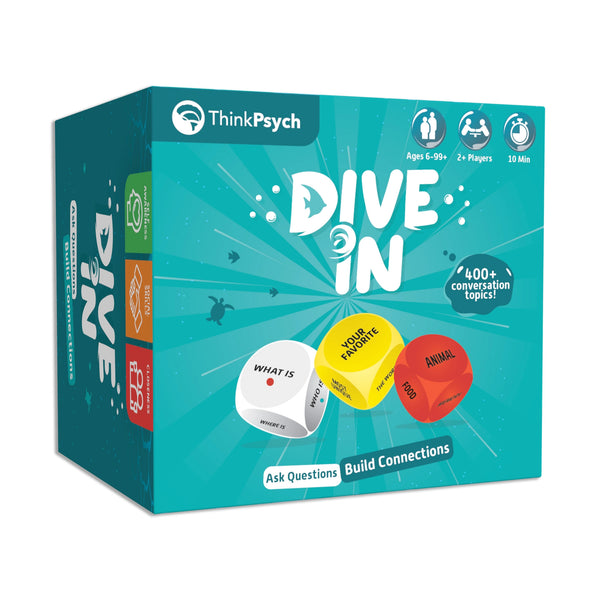

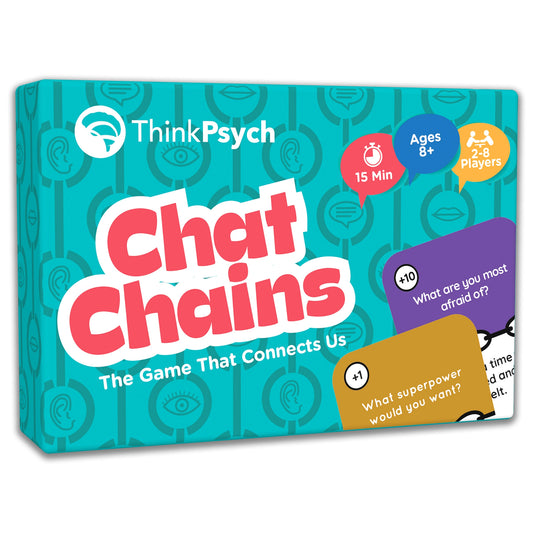
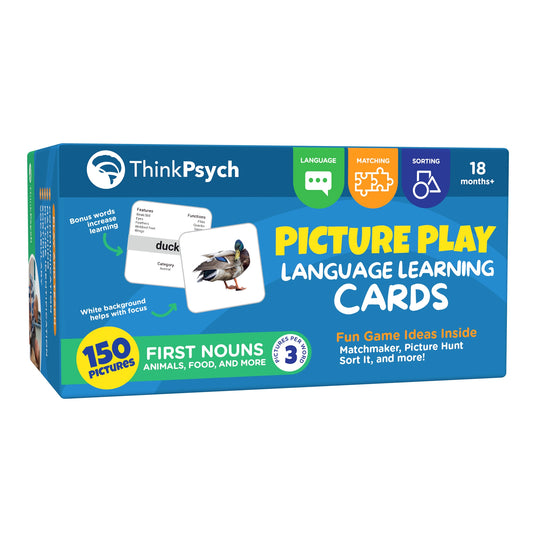
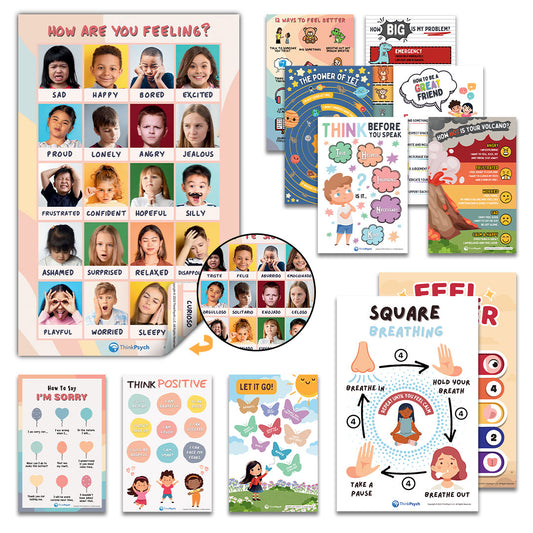
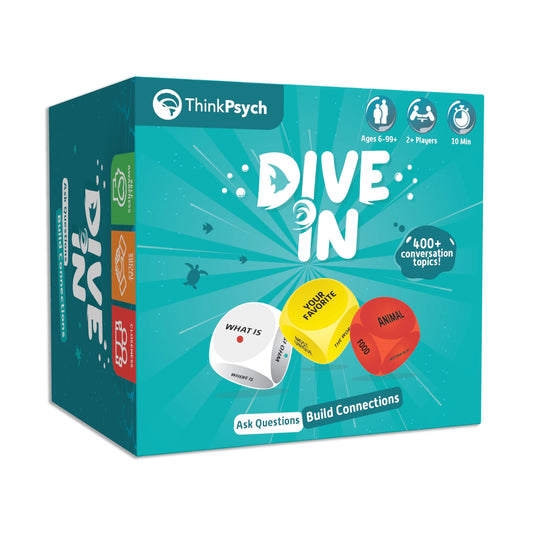
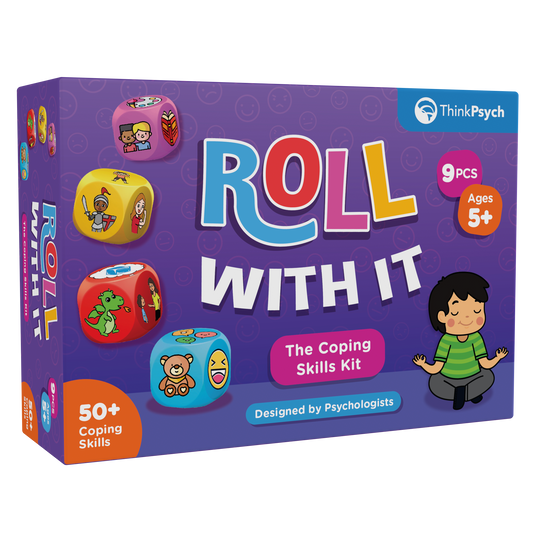


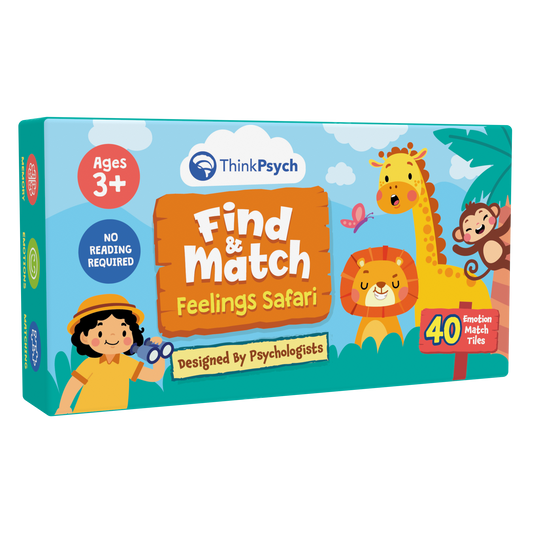
1 comment
Keeping a child from being overwhelmed is so incredibly important. It is amazing how giving your child a well-organized environment to stimulate them in a positive manner can be so helpful!